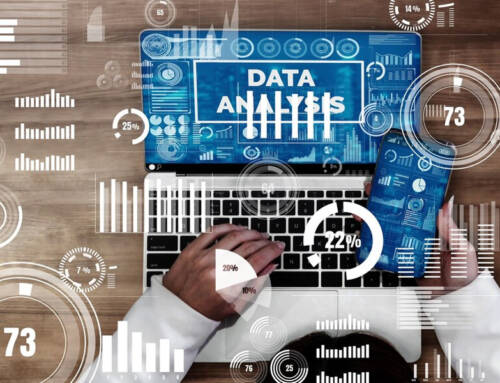“Big Data” – in a layman’s perspective would emphasize on huge set of data. More data does not mean robust data or better results. But the ability to collate, qualify and analyze the data would accelerate driving business in different industries. Usage of digital data has enormously increased in the recent decades but we rarely structure the data for better forecasting. The rate of unstructured data keeps accumulating. The problem is that our ability to properly analyze the data and draw insights from it is not processed with the rate at which we create it.
And that’s OK, enough of the hype! What has big data done?
Big data has left no industry vertical un-revolutionized when we see its exponentially growing rate. Being a sales guy driving business for Singapore, I always buzz around the application of big data in different real time cases. It was wonderful to see the solutions being uncovered using Business Intelligence and Analytics by government and non- government organizations in a way they have always envisioned. The Infocomm Development Authority (IDA) and Land Transport Authority (LTA) of Singapore have launched first crowd sourced bus service – Beeline. It is a mobile application that allows commuters to pre-book rides on express private buses allowing the user to customize their route. Public’s daily commutation and travel pattern data are analyzed for new transport routes based on user demand, which will allow the user decide which route to serve. Health care in Singapore takes an advantage of big data, where Changi General Hospital reduced the waiting time of patients in emergency department by analyzing the patient’s numbers and arranging doctors based on their shifts in peak hours. This redistribution of man power drastically reduced the consultation time. The Government of Singapore proposed, “Live Singapore” concept under the big data platform for monitoring and analyzing various parameters like temperate rise, energy consumption, rainfall and daily routine which is still under development. E-commerce, Supply chain, Banking are other major industries where big data can be of obvious application.
Transforming with Big Data:
A great deal of all decisions will be data driven. Statistics say, “89% of business leaders believe Big Data and Business Intelligence will revolutionize business operations in the same way the Internet did“. Some people claim that data mining is the reason for the loss of privacy, but we fail to realize a history is being made. When we see the way NASA handles TB’s of data for processing, archiving and distributing is mind-blowing using its big data algorithms we may not feel it to be a daunting task anymore.
Big data can influence and change every aspect of business and daily lives. Another key importance of big data is the ability to make decisions to improve business efficiency, which is where Business Intelligence and Data analytics is playing its part. Presuming what new big data can do further is an interesting way of thinking! Data can be rationally used to build dashboards and assist decision makers evolving their business standards. Decisions has the possibility of going wrong – independent of all information input, which is the reason why organizations are hesitant to adapt the change. So when relatively a huge amount of resource is invested on big data the ROI with big data has to be necessarily more than the ROI without big data.
In the best of all worlds, companies will aim to improve their products and the customer experience. But has organizations adopted big data? Do they know their own market statistics? The answer is obvious when one looks around and realizes the roads traveled and even more, the road less traveled. The sooner you adopt business intelligence and data analytics and have a proactive approach, higher the performance rate will be. If an organization feels big data to be irrelevant it is definitely out of the race.





